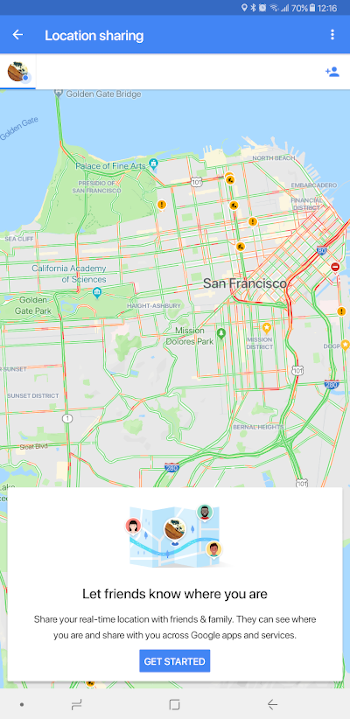In news that’s surprising to no one who’d read this. OK Google Voice recordings leaked Yet, this is still breaking news. When I first read this story, I felt bad for the people who were contacted for comment by the news reporting agency who broke this story. It’s not hard to imagine that they were surprised that the device was recording their conversation, especially given that they didn’t even say the keyword.
I’d bet it was even more surprising that it contained enough information for a reporter to find and contact them. That level of invasion of privacy is a pretty hard hit to just absorb.
I, obviously, wasn’t surprised, but even given the base technical level of most users, they shouldn’t have been surprised either. I don’t think it shouldn’t be surprising because of an expectation this should be a thing that happens1, nor because privacy is dead. But because the gold standard should be everyone opts-in to risk with informed consent.
When I say informed consent, I say it from its use in medicine. Everyone “knows” the first rule of being a doctor is “First, do no harm”. Ignoring the point, that this particular cliche isn’t even a part of the Hippocratic Oath, it’s also not even a reasonable expectation in all cases. If it was, there’d never be any experimental treatments, no high risk surgeries. Even some low risk procedures would likely require exclusion as well. What medicine has instead is informed consent.
Informed consent at it’s minimum has 3 parts. 1) Give your recommendation, and what your treatment plan is. 2) Describe the common/possible risks of your plan. 3) List some of the alternative options. That’s really all there is, there’s some other important nuance, using language the person you’re talking to can understand, but the core is really that simple. What’s the closest equivalent we have in tech? The end user license agreement, the defining example of TL;DR2. It’s embarrassing.
I don’t mean to suggest that you shouldn’t build exactly what you want to build. Every technology, just like every treatment in medicine carries with it some risk. The stark difference is in healthcare, the person who decides what risk is worth what benefit is the person who has to take on the risk. In tech, the person making the decision about what risk worth it, is some engineer. Or more terrifyingly some corporate manager. Generally, you should avoid taking risks for others. You can do that, by asking!
The first change you can make, is making everything with an additional privacy risk exclusively opt-in. For the more experimental features or ones with a much higher chance of a negative outcome, add confirmation model that enumerates the risk in an understandable way. As an example, even the most egregious privacy violator can even get it right some times…

Notice Google Maps isn’t warning about using GPS for tracking, that’s because it shouldn’t. Physicians don’t need to explain every single risk of each and every single intervention. Were you told that lidocaine used to numb an area prior to dental work and/or sutures is cardio toxic? I’d hope not, because while true, it’s not meaningful risk for the doses used. (This is also my favorite example of why you should never hide anything from your doctors, they know and consider these things before choosing any drugs). So, don’t warn users that their email, username/password could be stolen if you get hacked. Use a good salted password hashing method, so it can’t become a meaningful risk. But it’s probably a good idea to disclose that you’re storing every single conversation had in “ear”-shot of the ultra high gain microphone that powers your new smart device. Because no one in their right mind would opt-in to that kind of thing…
P.S. The GPDR is a nice start, it also solves a lot of other related issues with internet privacy, but it’s not a substitute for consent.
comments, questions, insults? —> infcon@gr.ht